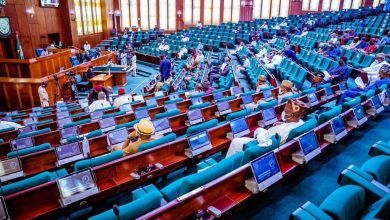
With the price of a litre of petrol now above ₦1,000 in most filling stations across Nigeria, petrol marketers have lamented low patronage at their retail outlets nationwide.
The marketers said they are now cutting their workforce and work shifts because of high pricing and low returns on investment.
The National President of the Petroleum Products Retail Outlets Owners Association of Nigeria (PETROAN), Billy Gillis-Harry, with a spokesman for the Independent Petroleum Marketers Association of Nigeria (IPMAN) said “Marketers, retail outlet owners, all of us in the industry are finding it difficult to cope with the current situation, we used to buy 45,000 litres of fuel a couple of months ago for less than 8.5 million naira but today, we have to cough out about 49 million naira to buy the product.
“Financial institutions are not coming to our rescue. The cost of money is so high, it is so difficult to even sell, what we get to our retail outlets is not quickly bought because Nigerians also have the challenge with their buying power.”
On his part, IPMAN spokesman Ukadike Chinedu said filling stations nationwide have become ghost places as middle-class Nigerians have abandoned their vehicles and embraced public transportation.
The two unions urged President Bola Tinubu to provide ₦100bn as a seed fund for oil marketers to stay afloat, just like the aviation and agricultural sectors.
Nigerians are grappling with the weight of unprecedented food inflation, and energy prices which have quadrupled in the last year under the Tinubu administration. Specifically, the price per litre of petrol jumped from less than ₦200 to over ₦1,000. Many people have blamed the twin policies of petrol subsidy removal and unification of forex rates for the high living costs that have assailed the middle class.
Citizens have staged two major protests to drive home their grievances against the Tinubu administration and pressured the All Progressives Congress (APC) government to reverse its “reforms” but the current administration has insisted that its policies are necessary and won’t be reversed.





